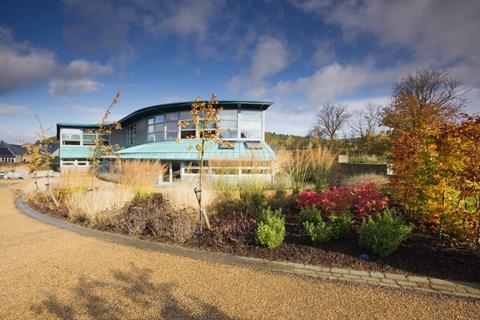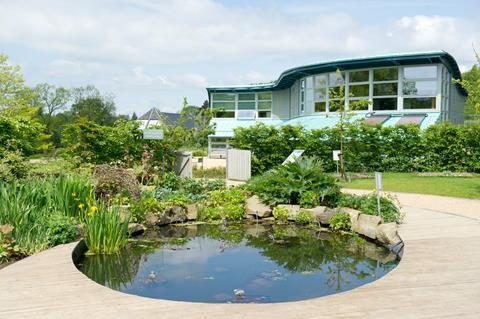RHS Garden Harlow Carr in Yorkshire is offering new half-day workshops which enhance the curriculum and offer students the opportunity to get hands-on in the gardens.

The sessions will teach pupils about the different areas of the gardens in Harrogate such as food-growing, and the wide range of benefits plants provide for people, including capturing carbon and boosting wellbeing.
They support the secondary school curriculum, particularly the science subjects and pupils will gain additional skills in the likes of practical fieldwork and mathematical working as they learn.
Since opening in 2010, Bramall Learning Centre at Harlow Carr has welcomed more than 110,000 students on educational visits. Dedicated equipment at the centre means students can carry out scientific experiments and look closely at specimens from the gardens, while the Montague Burton Teaching Garden and Glasshouse give an outdoor space for learners to explore and get hands-on.
The new workshops are the first designed for secondary pupils, and it is hoped that the specialist teachers will help inspire those attending to pursue careers in the horticultural sector.
Kirstie Blything, education and learning manager at RHS Harlow Carr, said: “We are thrilled to be able to offer a new programme of educational activity to help support secondary school pupils and teachers.
“Our vision is to enhance their learning experience by applying knowledge to real life ‘hands on’ experiences in an environment that will develop their well-being. We hope these new courses will help inspire the next generation of horticulturists!”

The new workshops are:
- Planting for the planet – soil health and food security: all about the importance of soil and the ways humans impact on the environment, linking to the chemistry, biology and geography curriculum.
- Capturing carbon and keeping cool: investigating the various adaptations plants have to allow them to survive and thrive in different habitats, working with the chemistry and biology curriculum.
- Blooming botanists: how we classify and identify plants, and why no two look exactly the same, closely covering the biology curriculum.
- Plants for the plate: looking at why plants are so vital in our diets and how eating plants can help the planet, following the biology curriculum.
There is also the option to book self-guided sessions including Inspirational Nature in which students use different colours, shapes and textures found in the garden to inspire their next art project.
For more information and to book a visit, go to: www.rhs.org.uk/education-learning










